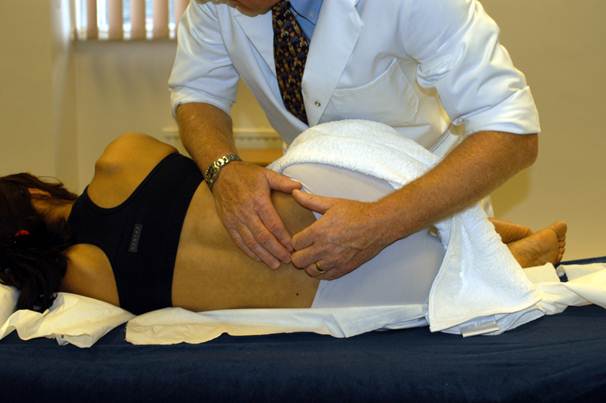If you’re struggling to shift the kilos, try
these super effective strategies on for size.
1. Go online
The internet is not just a place for
research and social networking, it may also help you lose weight. A review of
23 studies by Japanese researchers found that people tend to lose an average of
3.3kg more weight with online help than with face-to-face weight-loss programs.

People
tend to lose an average of 3.3kg more weight with online help than with
face-to-face weight-loss programs.
What
you can do:
Get online and join a training program,
forum or weight-loss group. Try Weight Watchers, My Fitness Pal or search for
online personal trainers. “You do need to be motivated when relying on online
support,” says online weight-loss coach Andrew Cate. “If people have taken that
first step to join an online community, then they have made a decision to
become healthier.” Cate also says his clients enjoy sharing their achievements
with him over email. “They feel empowered because they’ve exercised under their
own steam.”
2. Tune out
Next time you listen to some tunes while
having dinner, think again. According to research at the Department of
Psychology, Georgia State University, listening to music while eating can cause
you to eat more than you would if there was only the sound of conversation and
clinking cutlery. “If you are eating your meal in a nice environment [such as a
restaurant where music is playing], the duration of your meal tends to be 11
minutes longer, so you’ll be more likely to eat and drink more,” says Dr Jill
Lei, senior lecturer in marketing at the University of Melbourne.

You
could listen to some tunes while having dinner
What you can do: Save your money and your waistline and eat at home. A recent study
in the American Journal of Clinical Nutrition found that we tend to make
smarter and low-kilojoule choices when we’re at home.
3. Make one small change
Losing weight can be a daunting, difficult
task. Yet, according to research, making just one small but permanent change to
your lifestyle can have long-lasting effects. In the study, participants who
made small adjustments, such as reducing the number of sugars in their coffee,
or walking for five minutes more each day, most more than twice as much fat
from their stomachs, and overall, four times more weight over a four-month
period.
What you can do: “Look at where you can cut out fattening foods, or work out that
little bit harder or longer each day,” says accredited practicing dietitian
Kate Di Prima. “One change is less overwhelming, which means you’re more likely
to stick to your good resolutions.”
4. Crack it!
Instead of complaining about the state of
your back, visit an osteopath. That way you won’t be able to use a sore back,
neck or your joints as an excuse to not exercise. And having a session with an
osteo can also help with your weight. “Cracking your back, especially at the
spinal level of the stomach and intestines, will have a visceral somatic reflex
[relax the area] and improve the nerve and supply to the digestive tract,” says
The Travelling Osteopath Danny Williams. “This has a positive influence on food
digestion and elimination of waste. It helps you to lose weight as you’re
getting rid of excess fluid.”

An
osteopath has a positive influence on food digestion and elimination of waste
What
you can do:
“However, just cracking your back alone
will not make you lose weight – it needs to be part of your overall body
maintenance,” he says. Williams recommends following a gentle exercise plan
(speak to your GP or osteo for advice) such as swimming, yoga or walking.
“These will help to keep you supple, as well as healthy.”
5. Make friends with your scales
Hate your scales? Maybe it’s time to put
any ill feelings aside for the sake of your waistline. In a report published in
the International Journal of Behavioral Nutrition and Physical Activity,
individuals who weighed themselves weekly or daily over a period of several
months lost about one to three kilograms more than those who didn’t weight
themselves frequently. “Monitoring body weight on a regular basis is linked to
weight-loss success,” says dietitian Emma Stirling.

Individuals
who weighed themselves weekly or daily over a period of several months lost
about one to three kilograms more than those who didn’t weight themselves
frequently
What
you can do:
Weigh yourself weekly. “The inevitable
daily fluctuations in weight can be discouraging and may lead to focusing too
much on a single measure of weight-loss success,” says Stirling. “Look at
different ways to measure your success, such as sticking to your food plan and
exercising daily, with friends or in a group.”